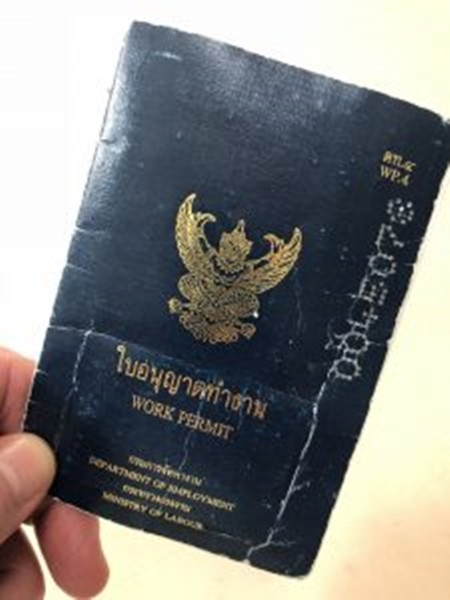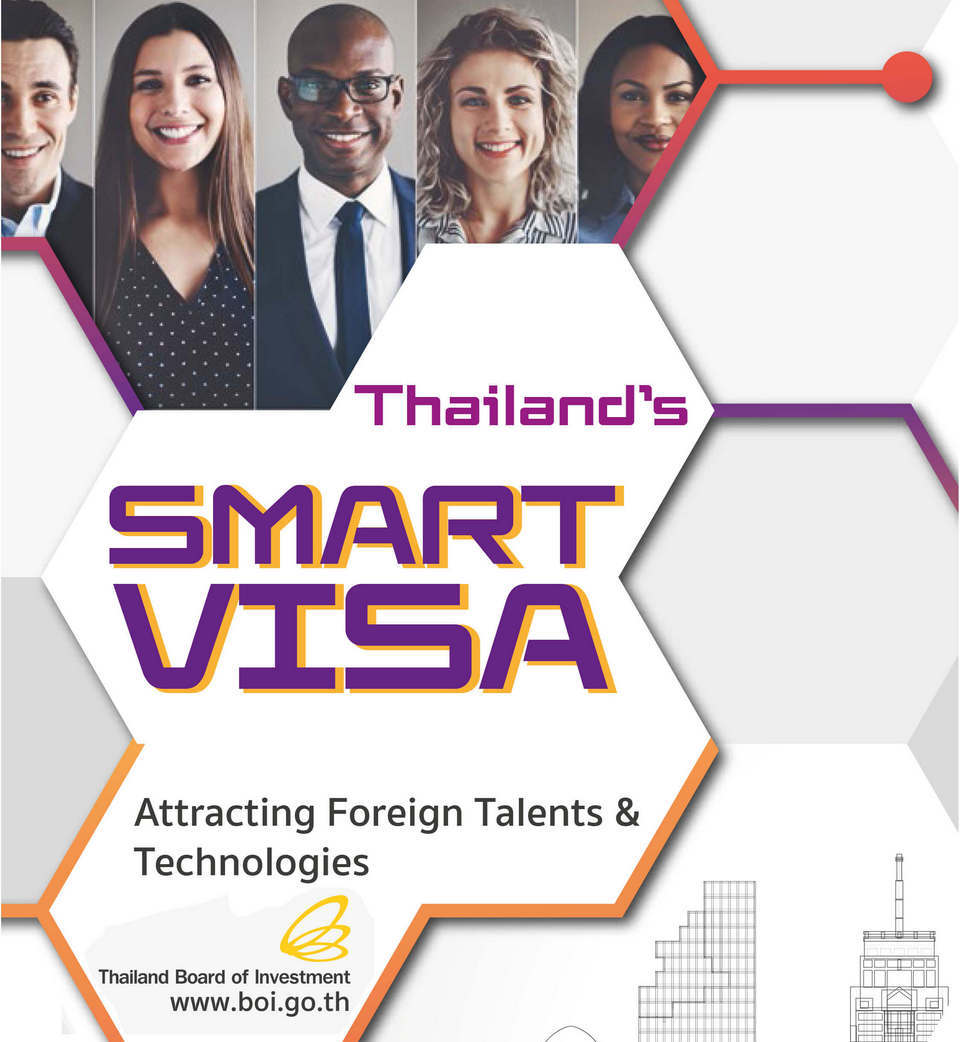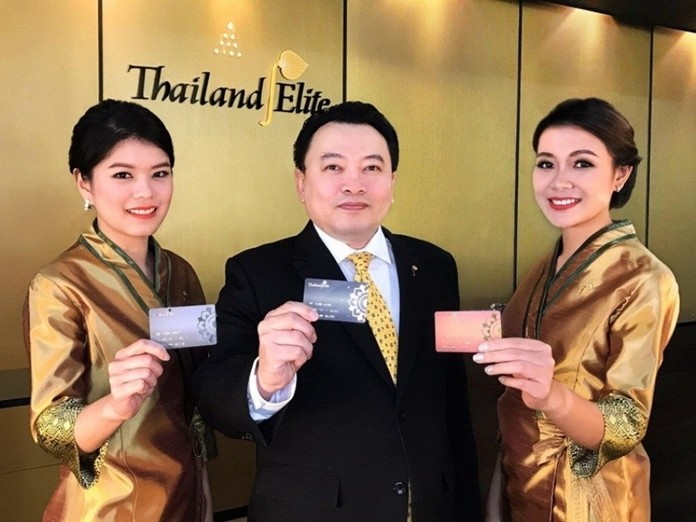
Traditionally, Thai immigration authorities have been very strict about the need to have a Department of Labour permit to work in Thailand. Whether you were a private businessman setting up your own company or a person with a firm job offer from a Thai company or school, the list of required documents was exhaustive. Even voluntary work could land you in trouble because being unpaid did not necessarily let you off the hook.
Two years ago, an amendment to the alien labour laws allowed foreigners to attend seminars, participate in trade shows and even give lectures for a limited period without needing an official work permit. These short-term business people are able at the present time to apply to their local Thai embassy for a certificate of eligibility to fly to Thailand provided they request a non-immigrant visa, provide health insurance to the tune of US$100,000 and pay for compulsory quarantine.

Another change in 2018 was the establishment of the four-year Smart visa to attract highly-skilled executives, investors and entrepreneurs in targeted hi-tech industries. This is the first visa in Thai immigration history not to require a work permit. It also carries other perks such as no requirement to report for 90 days and permission for foreign spouses and close relatives also to work without hassle. Earlier this year, the government further announced that the specialist work-related area need not be hi-tech but could include other disciplines such as tourism.
Since the beginning of this month, there have been two further promised slackenings of the traditional rules. Foreign owners of Thai properties – usually condominium units – are able to apply to the local embassy to enter Thailand although they must also have Thai cash or bonds here to the value of at least 3 million baht, not to mention the equivalent of 500,000 baht in a foreign bank for the previous six months. Successful applicants will be given a non-immigrant “B” visa to manage their affairs without needing a work permit.
The latest move, announced this week, is to allow current and future Elite card holders automatically to have a work permit or exemption provided they paid at least one million baht for their long-term 10-20 years Elite permit. That would exclude the five year Elite holders as they paid only 500,000 baht. But they would be expected to invest in government bonds or in the Thai stock market or risk losing the work permit. This arrangement has yet to obtain official government approval but is expected to be in place by the new year.
A further move on the Privilege Card front is to encourage property developers to include the Elite visa as a free bonus in the sale of any property for at least 10 million baht. These announcements demonstrate clearly that the aim of the government in the wake of the Covid-19 pandemic is to encourage those foreigners able to engage in wealth-creation activities, using Elite visas and automatic work permits as the attraction. The Tourist Authority of Thailand estimates that the sale of just 1,000 Elite cards under the new flexible program will inject 20 billion baht into the national economy.

 |
 |
 |





